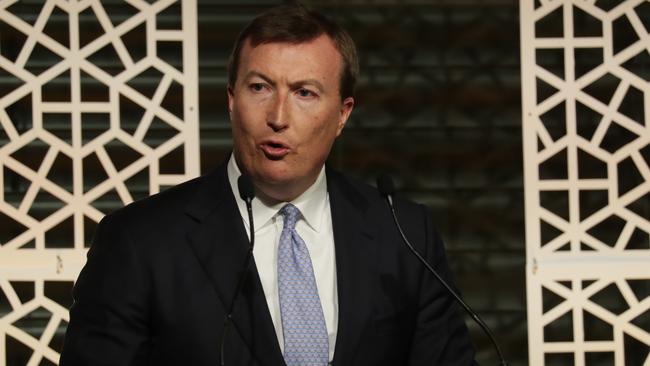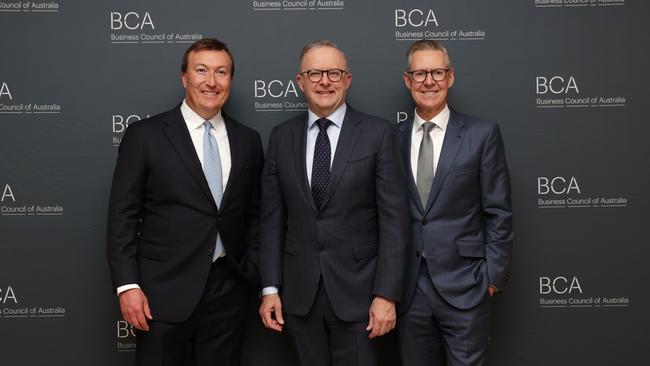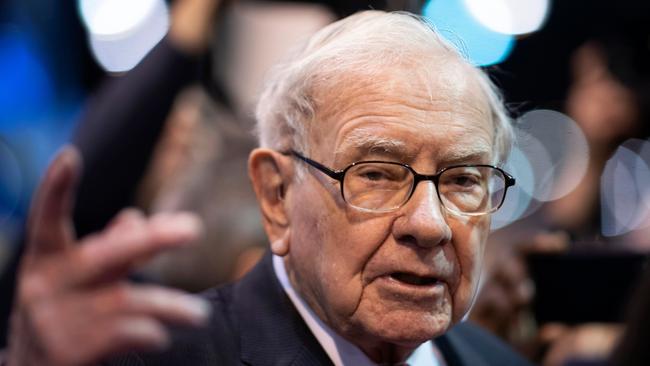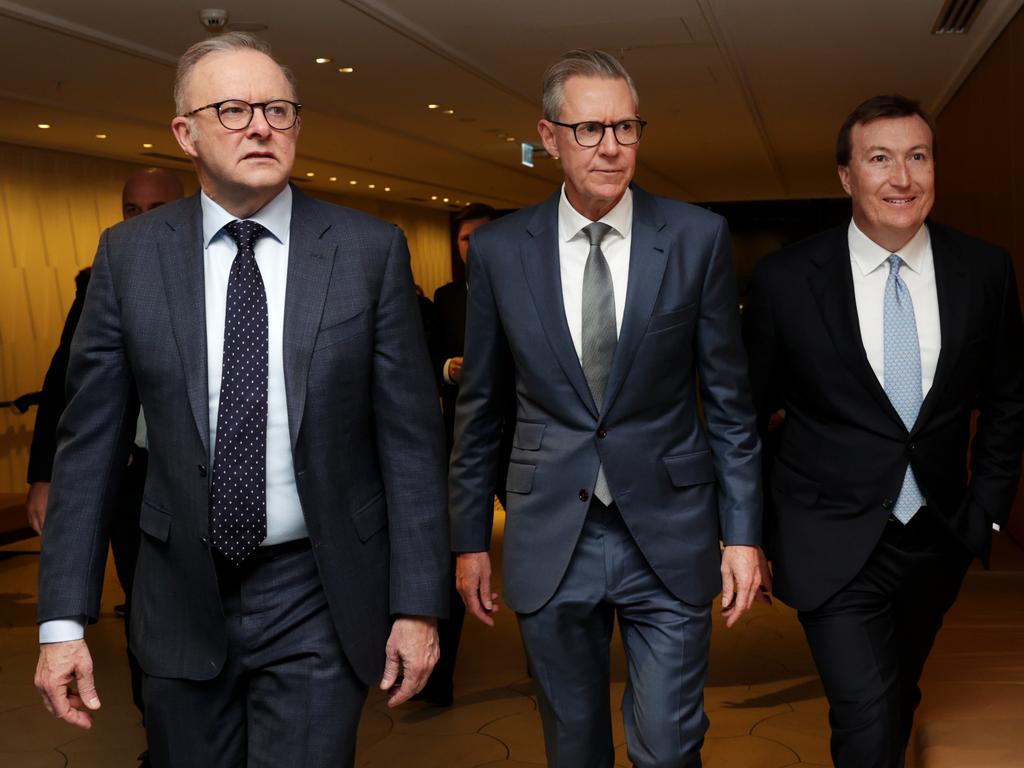
And that poor communication extends to the giants not taking advantage of the fact that our smaller companies are leading the world in shareholder communication systems. We are exporting our Warren Buffett shaped skills to the UK.
In the Business Council and other forums, top CEOs are now doing a war dance over the 700-page industrial relations blueprint. But it’s too late. The legislation has passed parliament.
The time to have done a war dance was when the legislation was first mooted. Instead, the Business Council of top CEOs, made the odd protest and submission but did not launch a full-frontal attack, which was what was required.

I suspect many CEOs spent more time on the voice referendum, where they decided to back the ALP with both public support and money. Big corporations created an angry Opposition leader, Peter Dutton, at a time when the CEO’s and board members should have been working with the Opposition to alert the Australian community to the horrors of the industrial relations legislation.
For example, Qantas, instead of painting aircraft with “Yes” signs, should have been alerting the community that the IR act would cause a substantial rise in domestic airline fares, which is exactly what is now happening.
Not only did the boards and CEOs do their relationships with the Coalition great harm, but the ALP saw the top companies as weak.
A decade or two ago, operational management of our large miners and most large enterprises was dominated by unions, which greatly reduced productivity. But a generation of board backed very skilled chief executives and senior managers emerged, and the companies regained management control and productivity rose.
But many of the miners began paying rates for those working for labour hire companies that were lower than those on the corporate payroll doing similar work.
Given the looming pro-union industrial relations legislation, the miners could not afford to give the unions “a free kick” in being able to claim credit for big pay rises for many labour hire people.
But that is what is now happening, and the boards and chief executives of the large companies in that situation will need to be very astute to retain management control, particularly as the unions can recruit and train union delegates under the law.
The senior managers, like their predecessors, will need to get out in the field to retain control because if they lose management control then productivity slumps at the same time as much higher pay.
But there is a second issue where top boards and CEOs have let themselves down – communication with shareholders.
The big superannuation funds led by the heavily union influenced industry funds have the major voting power, and we are only now starting to see the repercussions.
My guess is that few big corporate boards know that. Australia is emerging as a world leader in shareholder communications via the InvestorHub network, which is currently embracing 125 Australian listed companies and around 15 in the UK.
If the early trends in UK adoption of the Australian shareholder communications systems continue, then we will be looking to export them to the US. The Australian systems were developed to help smaller companies, and smaller companies in the ASX 200 are about to sign up. The top 100 companies, the most vulnerable to industry fund pressure, look the other way.
The Investor Hub Australian systems are based on the principles established by Buffett in Berkshire Hathaway. Buffett treats his small and large shareholders as co-owners.

In the InvestorHub system, every major announcement through the ASX has a link button to a video by the CEO and shareholders are invited questions.
In turn, where privacy issues are sorted out, the system can determine whether those using the service are large or small. The current shareholder off market communication system used by most ASX 200 companies is that they brief the big institutions with information many regard going very close to creating insider trading. But the system has been approved by the regulators, so the law is not broken.
But the system gives the big institutions a huge advantage over everyone else. The InvestorHub technology enables others – including substantial family owned stakes – to at least partially equalise the institutional advantage. But most importantly, the system aims to deliver a belief in shareholders that they are co-owners.
If large companies want a relationship with all levels of their ownership then need to join InvestorHub’s Ben Williamson and others in pressing the government to extend the ability of all co-owners to participate in placements for listed public companies that offer the protection of listing disclosure rules
The current situation allows companies to place shares with big institutions, but they must issue a prospectus type document to all other shareholders, which creates long delays
Those delays can be very dangerous if markets move, so we have the bizarre situation where anybody can buy shares at any time on the market, but when a placement is made even large private shareholders are effectively prevented from participating.
It is totally unfair.
The big companies need to join the debate and do the right thing by their medium and smaller sized shareholders. Boards and CEOs are concentrating on running their business and not spending enough time on political situations and communication with all co-owners.






Leaving aside his Business Council official speech, Anthony Albanese must be privately chuckling at the elementary political and communication mistakes that have been made by Australia’s top boards and CEOs.